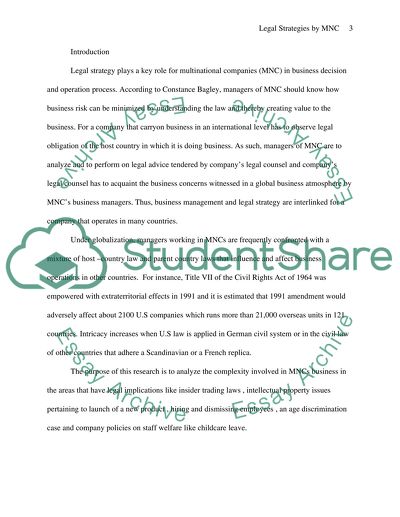Cite this document
(“Managing international legal environment Essay Example | Topics and Well Written Essays - 2000 words”, n.d.)
Retrieved from https://studentshare.org/miscellaneous/1548764-managing-international-legal-environment
Retrieved from https://studentshare.org/miscellaneous/1548764-managing-international-legal-environment
(Managing International Legal Environment Essay Example | Topics and Well Written Essays - 2000 Words)
https://studentshare.org/miscellaneous/1548764-managing-international-legal-environment.
https://studentshare.org/miscellaneous/1548764-managing-international-legal-environment.
“Managing International Legal Environment Essay Example | Topics and Well Written Essays - 2000 Words”, n.d. https://studentshare.org/miscellaneous/1548764-managing-international-legal-environment.


